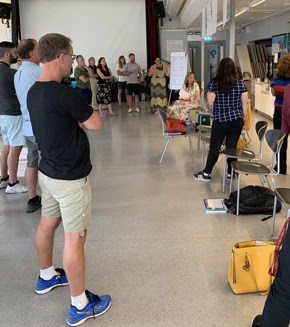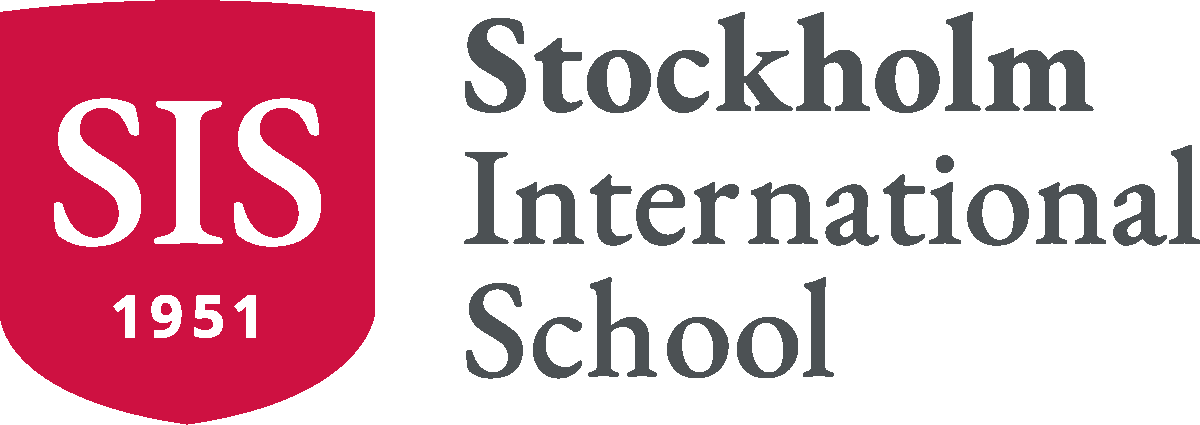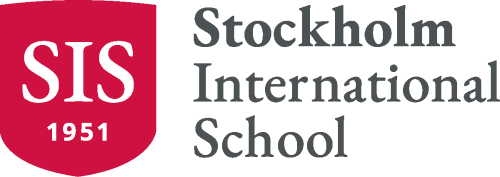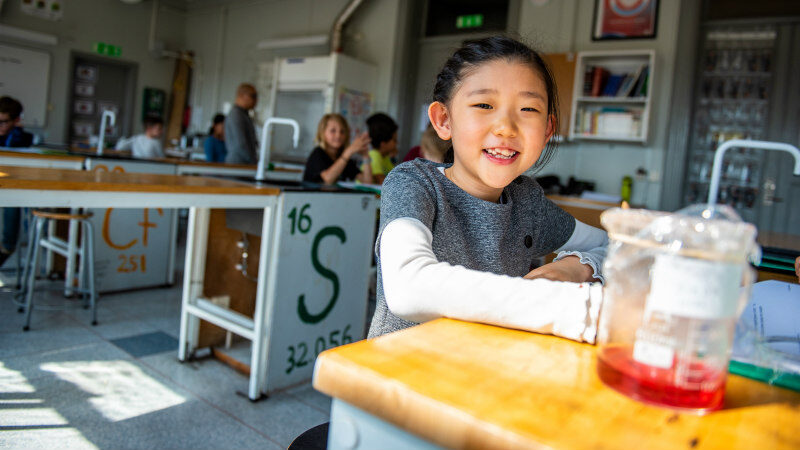Our diverse SIS community is made up of families from all around the world. But, no matter what cultural background we may have, parents, guardians and SIS all want the same thing – for our students to develop life skills and characteristics that will allow them to flourish.
When Middle School Principal Michael Moore arrived at SIS last year, he took the opportunity in his new role to support teachers and students by further developing the SIS environment and mindset for learning. Having attended a Positive Discipline workshop, held by Joy Marchese in London, Michael knew immediately what he wanted to do, “PD addresses student well-being, which means learning can take place, especially in middle school where students are going through so many changes in their lives. I wanted to introduce PD to SIS to support our teachers by offering inspiration and tools to create the best learning environment”.
Michael Moore invited Joy Marchese to SIS. Joy arrived at the beginning of this term and the Dispatch caught up with her to ask her to tell us more about the whole philosophy.
The Dispatch: Can you explain something about PD, what is it?

Joy Marchese: Let me start with the name, people hear the word Positive and sometimes imagine permissiveness, letting kids do whatever they want. But positive means “kind”, and “connection”.
Kindness through setting barriers and creating mutual respect. Discipline means teaching, somewhere along the line it started to mean punishment, but the latin root means to teach. Positive Discipline means being firm and kind at the same time. I suppose the clearest explanation is that PD is a social-emotional learning program to teach characteristics and life skills that improve people.
TD – Where does PD come from?
JM – Alfred Adler and Rudolf Dreikurs were two Viennese psychologists, contemporaries of Sigmund Freud. Adler ended up in the US and founded the Adler Institute in Chicago where they focus on Experiential Learning, learning by doing and role-playing. Experiential Learning means that we learn by doing. Adler and Dreikurs realised that what we hear we forget, what we see we remember, but what we do and experience, we learn. So the experiential nature is good for learning.
TD – How different does the approach need to be considering the age of the student?

JM – PD is a way of interacting for all human beings regardless of their age. But it is also practical, so, along with the philosophy comes a set of 52 tools which you use differently according to age. There are also things to know about child development and using age-appropriate language. Very young children may require distraction, redirection and supervision, whereas teens are going through a process of individuation, working out who they are in relation to their parents, so you use the same tools in a different way.
Unlike behaviourism which might use the short term solution of punishment and reward, PD recognises that to change behaviour you need to understand what’s driving behaviour – PD looks at the underlying belief systems of which behaviour is a symptom.
TD – Is SIS the first school in Sweden to begin training teachers in PD?
JM – I don’t think there been any other school in Sweden doing this. PD is great for SIS because it’s so aligned to the International Baccalaureate, just think about the Portrait of a Learner, which aligns perfectly with PD Characteristics and Life Skills. So embedding PD into every class is already part of the ethos of the community.
TD – Tell us a little about your background, how did you discover PD?
JM – I’ve been a teacher for over 20 years and at the beginning, I did a lot wrong. The rewards and the praise didn’t really work, behavior outside the class didn’t improve. 8 years into my teaching I began teaching at Rikers Island (the biggest penitentiary in the north-east US), I was teaching an empowerment programme to felony criminals. I needed something to help me and luckily at that very moment, I came across Dr. Jane Nelson’s Positive Discipline book. PD helped me to see the prisoners through a new lens and offered me a set of tools for growing respect and responsibility.
TD – Is there anything else you would like to add?
JM – Yes, 2 things, firstly, I think that social-emotional work is really important all times, but especially now with Covid-19 and the possible trauma kids can feel. And secondly, I would love for you to really give a lot of credit to middle school principal Michael Moore. He really wants to support his teachers and in doing so, create a space that supports the students, the teachers, and obviously the parents, who will help enormously if they are on board too.
To learn more about Positive Disciple you can go to Joy’s website and read more.










[…] year on since the introduction of Positive Discipline programmes at the school, initiated by Middle School Principal Michael Moore, SIS is thrilled to have been […]